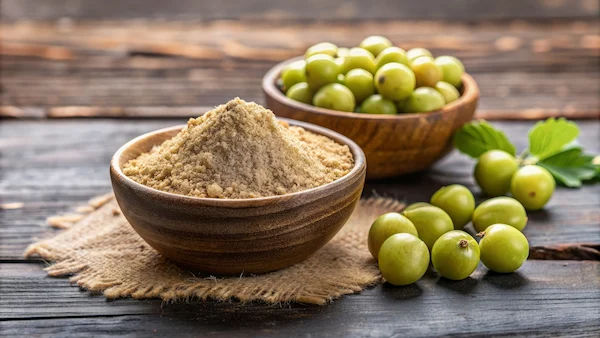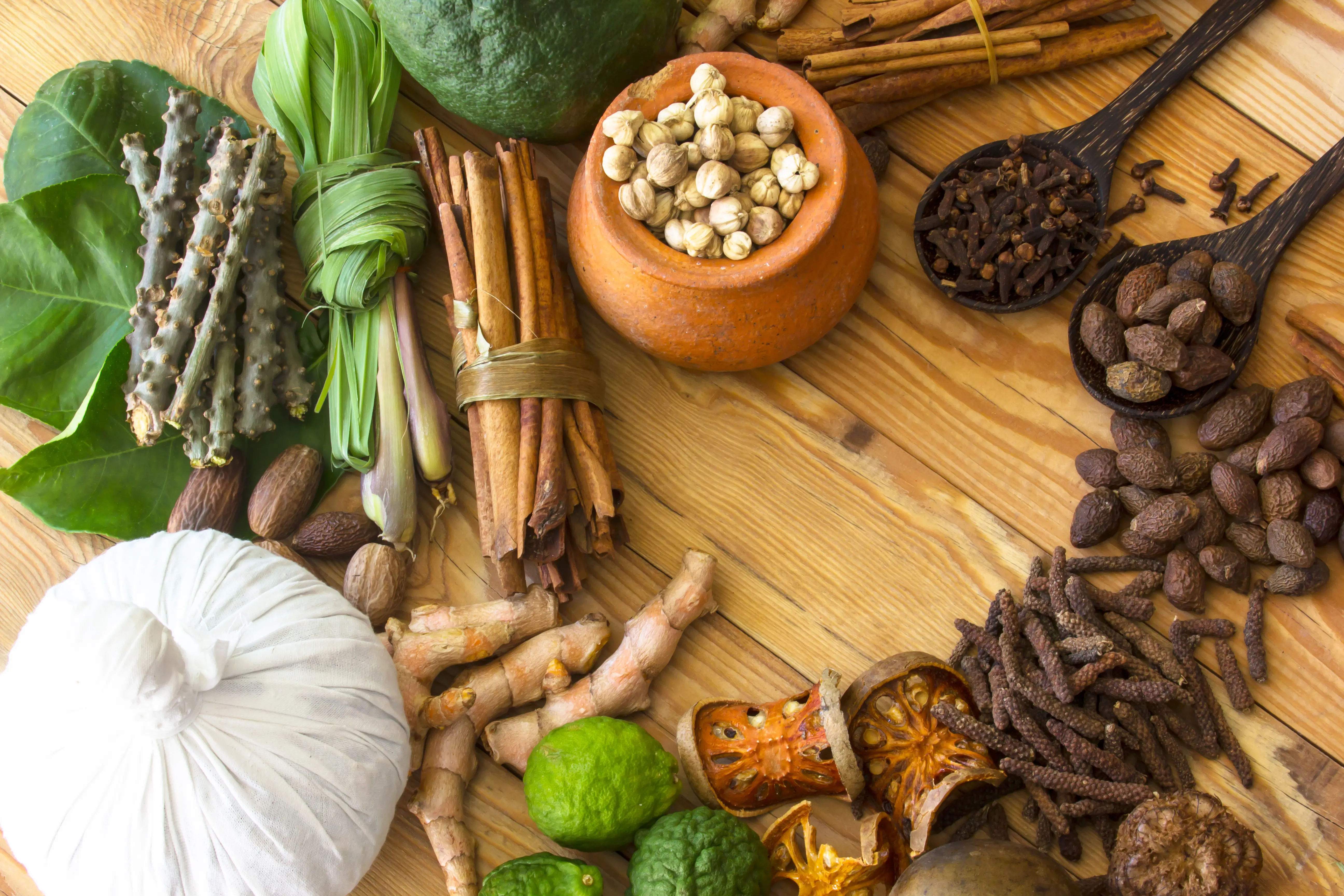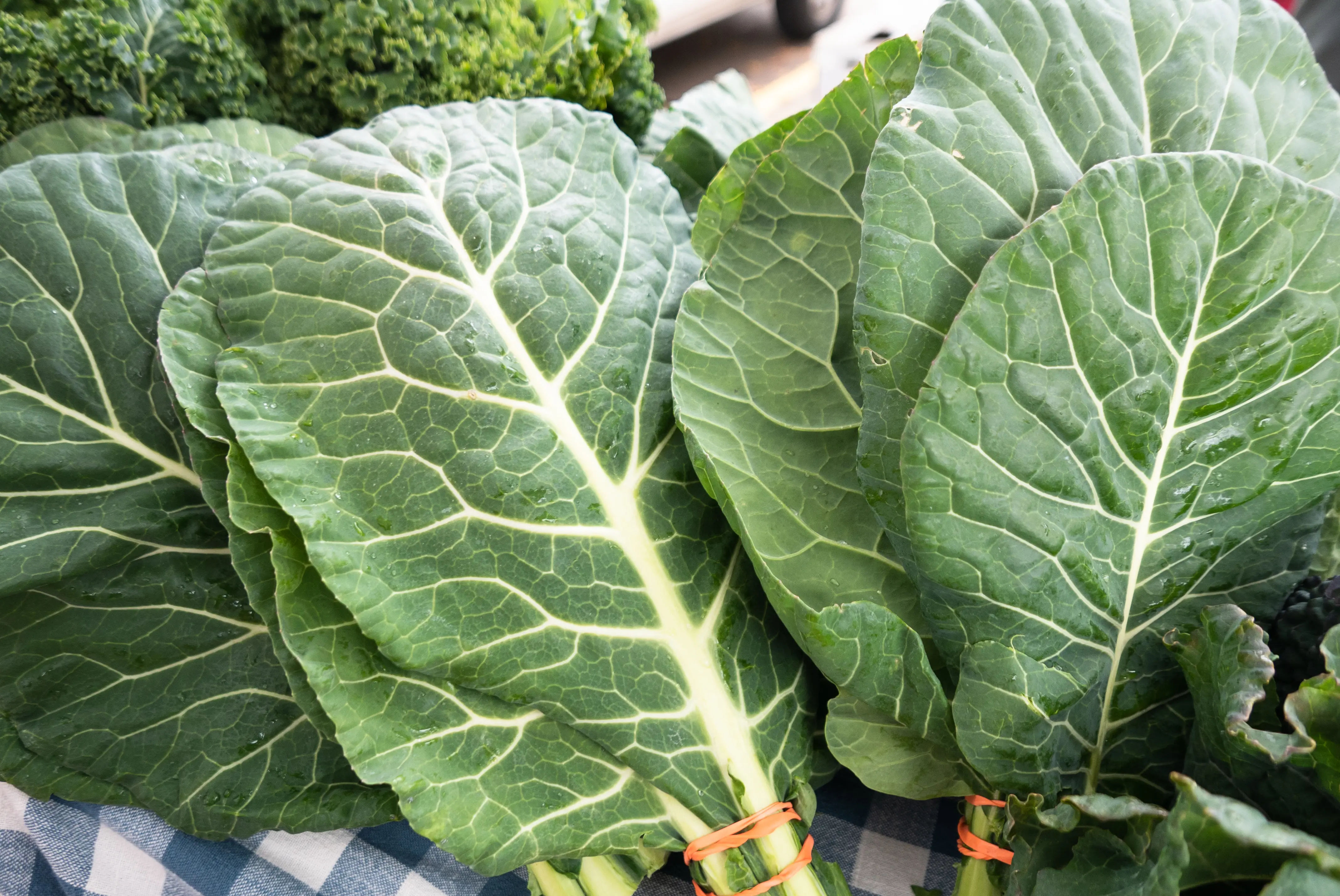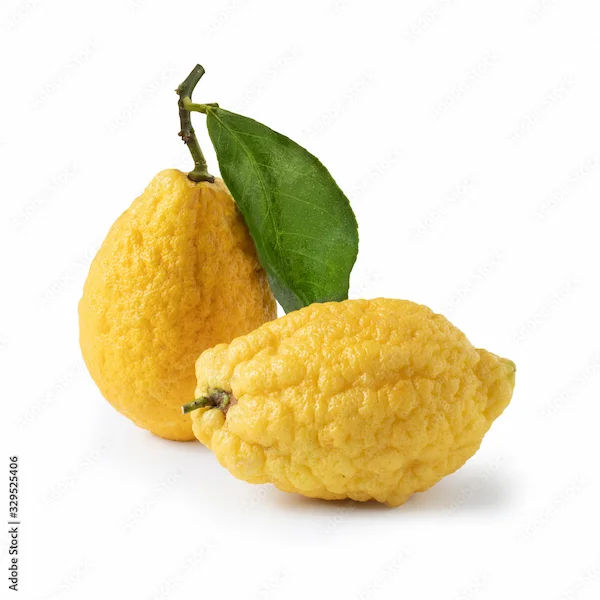Bhui Amla Benefits
Explore the benefits of Bhui Amla (Phyllanthus niruri), an Ayurvedic herb known for supporting liver health, boosting immunity, and aiding digestion. Learn how Bhui Amla promotes overall wellness naturally.

Written by Dr.Sonia Bhatt
Last updated on 3rd Jul, 2025

Introduction
Bhui Amla, also known as Phyllanthus niruri or Stonebreaker, is a powerful medicinal herb widely used in Ayurveda and traditional medicine. This small, leafy plant is packed with health benefits, making it a popular natural remedy for various ailments. If you're looking for a safe and effective way to boost your well-being, Bhui Amla might be the answer. In this article, we’ll explore the key benefits of Bhui Amla, how it can improve your health, and simple ways to incorporate it into your daily routine.
What is Bhui Amla?
Bhui Amla is a small, herbaceous plant native to tropical regions, including India. It has been used for centuries in Ayurveda for its healing properties. Unlike the common Amla (Indian gooseberry), Bhui Amla grows close to the ground and has small, green leaves with tiny fruits.
Key Nutrients in Bhui Amla
Antioxidants (flavonoids, tannins)
Alkaloids
Lignans
Vitamin C
Minerals (calcium, phosphorus, iron)
These nutrients make Bhui Amla a potent herb for detoxification, liver health, and immunity.
Top Health Benefits of Bhui Amla
Some of the top health benefits of Bhui Amla are:
1. Supports Liver Health
Bhui Amla is best known for its liver-protective properties. It helps detoxify the liver, promotes bile production, and may prevent liver damage caused by toxins or infections. Studies suggest it can help manage jaundice, fatty liver, and hepatitis.
How to use:
Drink Bhui Amla tea or juice.
Take it in powdered form with honey.
2. Aids Kidney & Urinary Health
Often called "Stonebreaker," Bhui Amla helps prevent and dissolve kidney stones by reducing calcium oxalate formation. It also acts as a diuretic, flushing out toxins and supporting urinary tract health.
Tip: Boil Bhui Amla leaves in water and drink the strained liquid daily.
3. Boosts Immunity
Rich in vitamin C and antioxidants, Bhui Amla strengthens the immune system, helping the body fight infections like colds, flu, and respiratory issues.
How to use: Consume Bhui Amla powder with warm water in the morning.
4. Helps Manage Diabetes
Bhui Amla may help regulate blood sugar levels by improving insulin sensitivity. It also reduces oxidative stress linked to diabetes complications.
Tip: Take Bhui Amla extract or tea after meals to help control glucose levels.
5. Improves Digestion
This herb stimulates digestive enzymes, relieves acidity, and helps with bloating and constipation. It also has mild laxative properties.
How to use: Chew fresh Bhui Amla leaves or drink its juice before meals.
6. Supports Heart Health
Bhui Amla helps lower bad cholesterol (LDL) and triglycerides while improving blood circulation, reducing the risk of heart disease.
Tip: Mix Bhui Amla powder with warm water and consume it daily.
7. Anti-inflammatory & Pain Relief
Its anti-inflammatory properties help reduce joint pain, arthritis, and muscle soreness. It may also help in managing gout.
How to use: Apply a paste of Bhui Amla leaves on swollen joints for relief.
8. Skin & Hair Benefits
Skin: Treats acne, eczema, and dark spots due to its antibacterial properties.
Hair: Promotes hair growth and reduces dandruff.
Tip: Apply Bhui Amla leaf paste on the skin or use its oil for hair massage.
Consult Top Specialists for Personalised Usage Tips
How to Use Bhui Amla?
Bhui Amla (Phyllanthus niruri) can be incorporated into your wellness routine in several convenient forms:
Juice: Extract the juice from fresh leaves and consume 1–2 teaspoons daily for liver and digestive support.
Powder: Mix ½ teaspoon of Bhui Amla powder with warm water or honey and take once a day.
Herbal Tea: Steep dried Bhui Amla leaves in hot water for 5–7 minutes to prepare a detoxifying tea.
Capsules/Tablets: Available as Ayurvedic supplements; consult a healthcare provider for proper dosage.
Precautions & Side Effects
Bhui Amla is generally safe when used in moderation, but certain precautions should be taken. Excessive consumption may lead to:
Stomach discomfort or upset
Diarrhoea
Lowered blood sugar levels, particularly in individuals taking diabetes medications
Who Should Avoid Bhui Amla?
Pregnant and breastfeeding women
Individuals on blood-thinning or anticoagulant medications
As with any herbal remedy, it is advisable to consult a qualified healthcare professional before starting Bhui Amla, especially if you have existing health conditions or are on medication.
Conclusion
Bhui Amla (Phyllanthus niruri) is a revered herb in Ayurvedic medicine, widely recognised for its powerful support in liver health, digestion, immunity, and blood sugar management. Its versatility, available in juice, powder, tea, or supplement form, makes it easy to incorporate into a daily wellness routine. However, like all herbal remedies, it should be used mindfully. Pregnant or breastfeeding women and those on medications, especially for diabetes or blood thinning, should seek medical advice before use. When taken appropriately, Bhui Amla can be a natural and effective way to enhance overall health and vitality.
Consult Top Dieticians
Consult Top Specialists for Personalised Usage Tips

Ms. Shruthi Bhargavi
Dietician
9 Years • Msc (Nutrition and Dietetics)
Hyderabad
Apollo 24|7 Clinic - Telangana, Hyderabad
Ms Chetu Singhi
Dietician
20 Years • MSC Dietetics & Nutrition
Kolkata
RB Diagnostic - Dietician Diet2fit Chetu Singhi, Kolkata
Ms Ankita Das
Dietician
10 Years • M.sc.(Appiled Nutrition)
East Midnapore
Dr Sinha Dental Clinic, East Midnapore

Ms. Shereen Begum
Dietician
8 Years • BSC Food Science & Management, Msc (Nutrition & Dietetics)
Hyderabad
Dr Shereen clinic, Hyderabad

Ms Geetanjali Mengi
Dietician
20 Years • BSC, MSC Dietetics & Food Service Management, PG Diploma in Dietetics & Hospital Food Service
Mumbai
Geetanjali Medical Nutrition Clinic, Mumbai
Consult Top Dieticians

Ms. Shruthi Bhargavi
Dietician
9 Years • Msc (Nutrition and Dietetics)
Hyderabad
Apollo 24|7 Clinic - Telangana, Hyderabad
Ms Chetu Singhi
Dietician
20 Years • MSC Dietetics & Nutrition
Kolkata
RB Diagnostic - Dietician Diet2fit Chetu Singhi, Kolkata
Ms Ankita Das
Dietician
10 Years • M.sc.(Appiled Nutrition)
East Midnapore
Dr Sinha Dental Clinic, East Midnapore

Ms. Shereen Begum
Dietician
8 Years • BSC Food Science & Management, Msc (Nutrition & Dietetics)
Hyderabad
Dr Shereen clinic, Hyderabad

Ms Geetanjali Mengi
Dietician
20 Years • BSC, MSC Dietetics & Food Service Management, PG Diploma in Dietetics & Hospital Food Service
Mumbai
Geetanjali Medical Nutrition Clinic, Mumbai


_0.webp)

